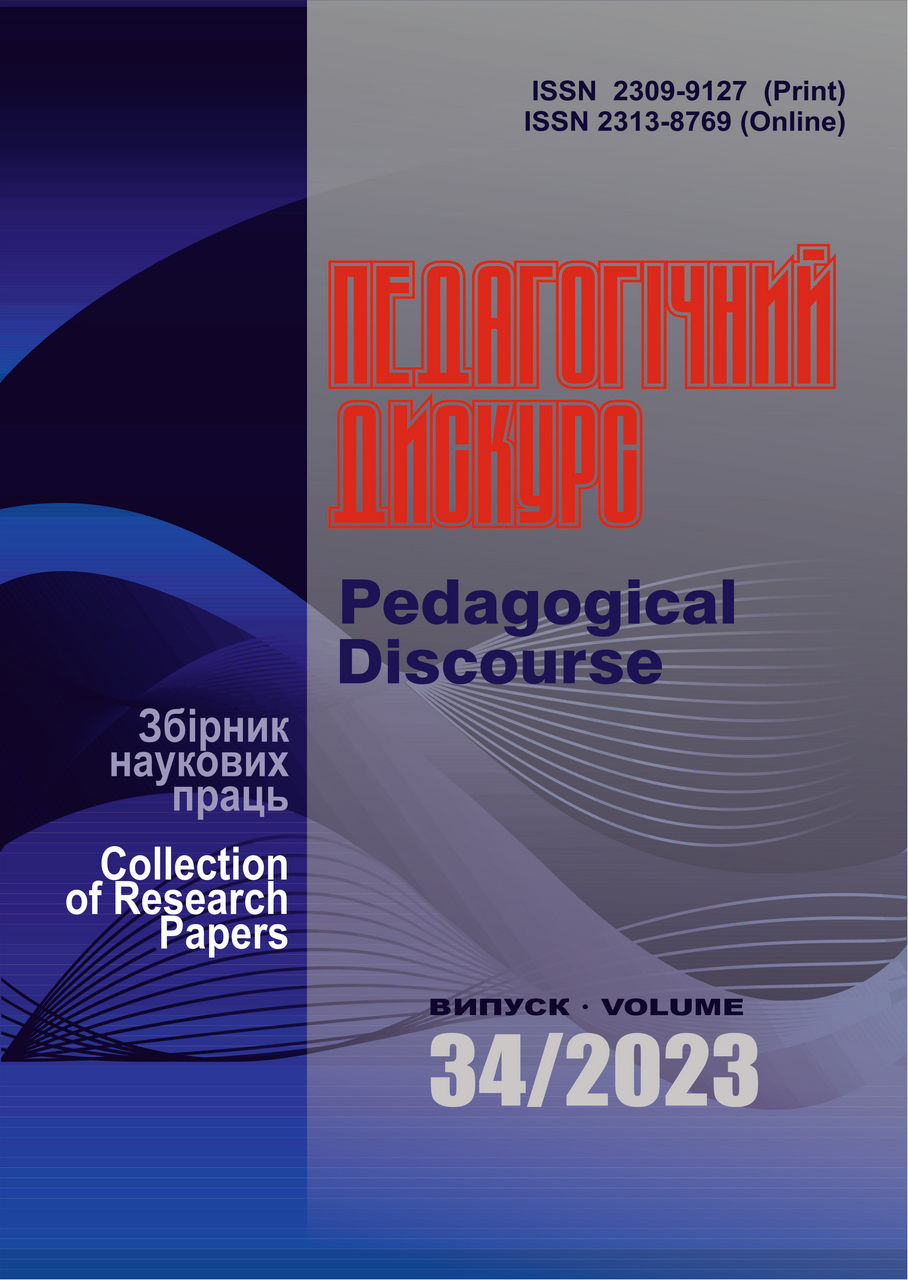Analysis of the Properties of Critical Thinking in the Process of Educational and Cognitive Activity of an Individual
Abstract
The article analyzes the essence and role of critical thinking for individuals. It provides the names of scientists who have examined the essence, features, and properties of critical human thinking in their writings.
In the 21st century, information has taken on new functions, ranging from advancements in equipment and technologies to influencing the way people think. In this context, it becomes crucial for individuals to cultivate critical thinking as a skill that enables them to make well-considered and independent decisions. The article emphasizes the significance and nature of critical thinking as a cognitive process through which the human mind analyzes information to comprehend, generate ideas, or solve problems. The key properties of critical thinking in individuals are highlighted, including awareness, independence, reflexivity, self-analysis, purposefulness, reasonableness, controllability, and self-organization.
Awareness serves as the underlying pillar of the thinking process, providing the groundwork for an individual’s autonomy in attaining their desired objectives (purposefulness). Reflexivity refers to an individual’s capacity for introspection, enabling them to identify the motives behind their actions. Validity involves critically analyzing knowledge and utilizing various cognitive methods to determine the limits of reliability in a process, state, or phenomenon. Controllability, stemming from reflection and critical thinking, emphasizes the ability to exercise control and align reflection with goals, values, and norms. Self-organization, as a characteristic of human nature, entails the regulated behavior of an individual in the absence of external influences, with internal cognitive structures serving as its regulators. It encompasses the capacity to independently structure one’s educational process and direct self-learning, while fostering the development of personal and professional qualities.
Downloads
References
Гончаренко, С. У. (1997). Український педагогічний словник. Київ: Вид-во «Либідь». [in Ukrainian]
Громова, Н. М. (2015). Психологічні особливості установки на критичне мислення. Актуальні проблеми психології, 10 (27), 79–88. [in Ukrainian]
Дьюї, Дж. (2002). В.: Філософський енциклопедичний словник. (ред.: В. І. Шинкарук). Київ: Інститут філософії імені Григорія Сковороди НАН України; Абрис. [in Ukrainian]
Ліпман, М. (2006). Чим може бути критичне мислення. Вісник програм шкільних обмінів, 27, 17–23. [in Ukrainian]
Терно, С. (2012). Світ критичного мислення: образ та мімікрія. Історія в сучасній школі, 7–8, 30–32. [in Ukrainian]
Терно, С. (2011). Теорія розвитку критичного мислення (на прикладі навчання історії). Запоріжжя: Запорізький національний університет. [in Ukrainian]
Тягло, О. В. (2008). Критичне мислення. Харків: Основа. [in Ukrainian]
Copyright (c) 2023 Pedagogical Discourse

This work is licensed under a Creative Commons Attribution-NonCommercial-ShareAlike 4.0 International License.

















